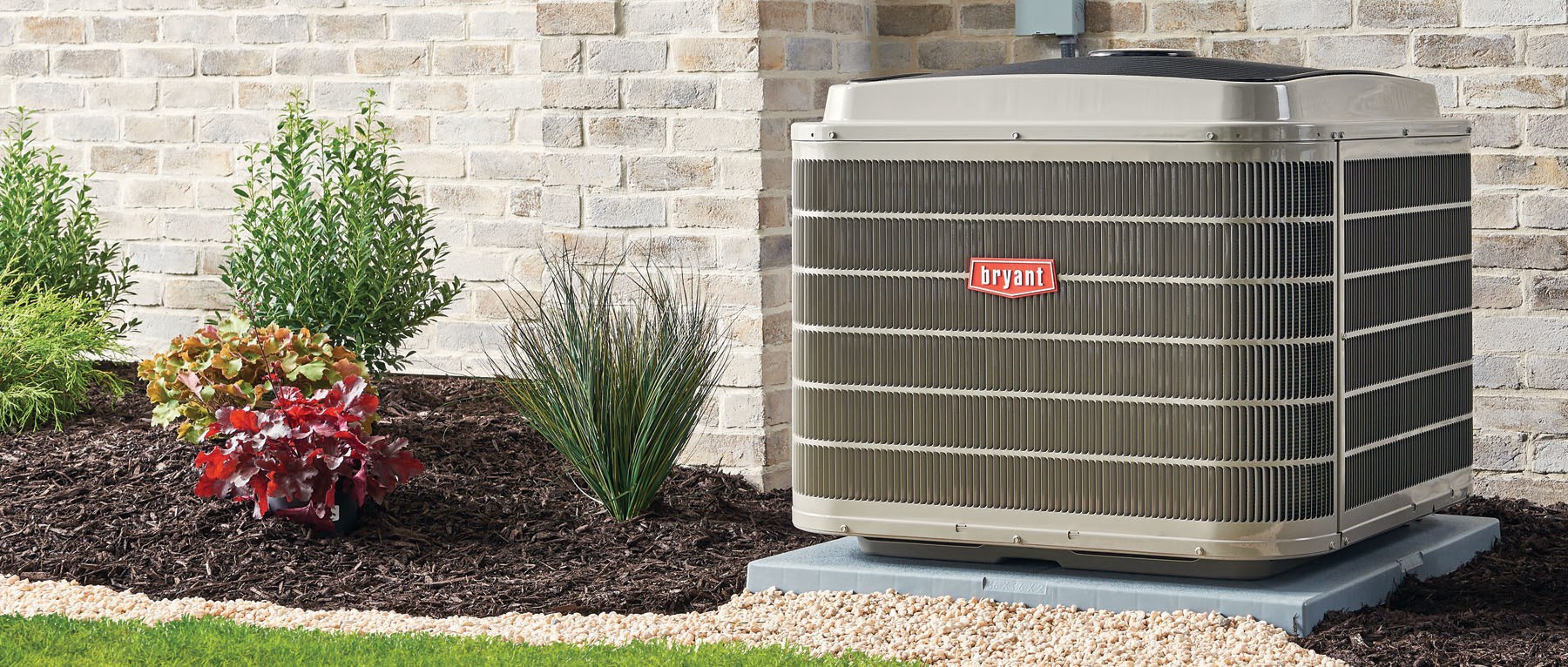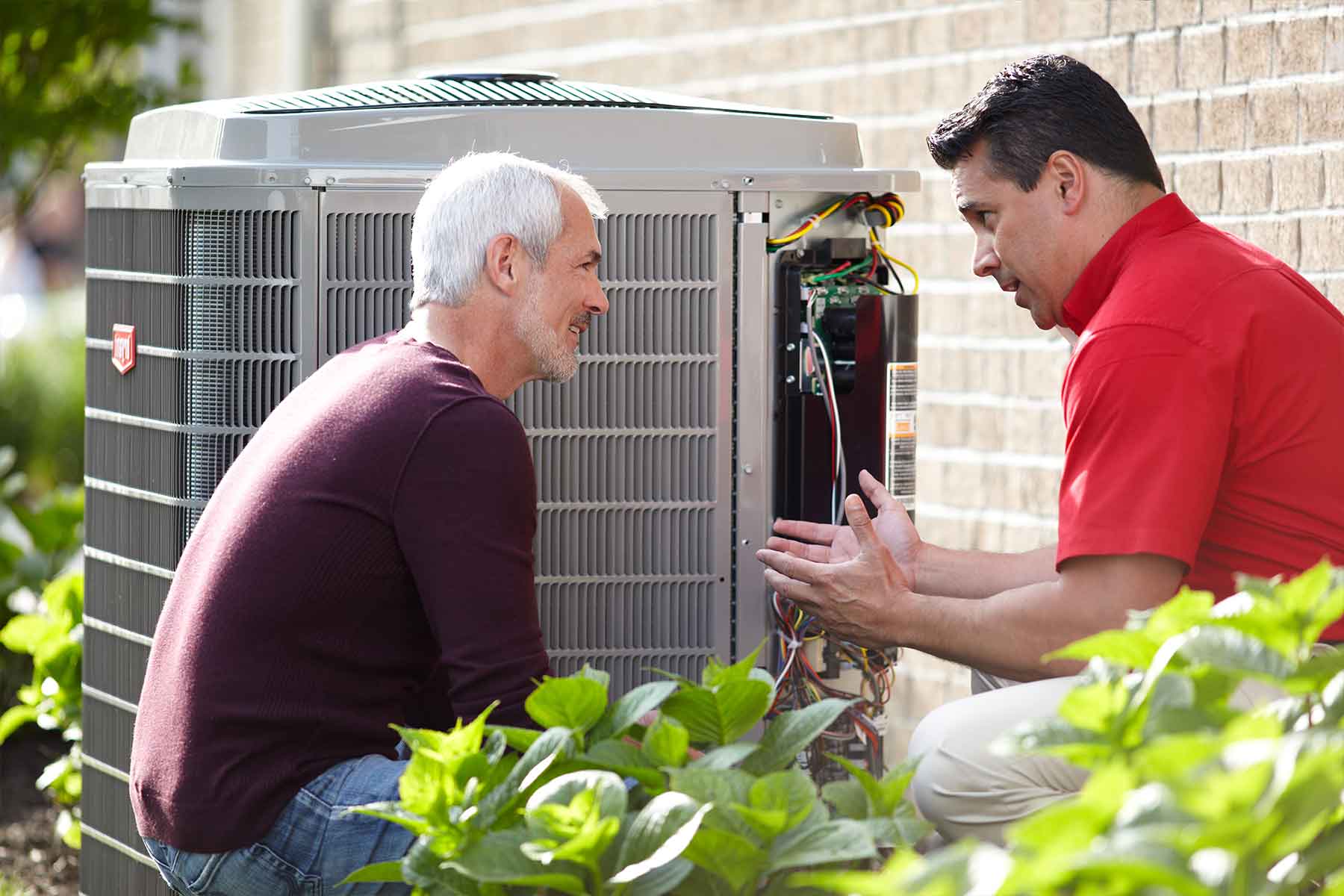
Ensuring Proper Ventilation in Your Home’s HVAC System
Introduction
In today's world, where indoor air quality is often compromised due to pollution and allergens, ensuring proper ventilation in your home’s HVAC system is not just a luxury—it's a necessity. A well-ventilated space can significantly enhance comfort, health, and energy efficiency. As homeowners invest in heating and cooling services, understanding how to optimize ventilation can lead to substantial long-term benefits. This article delves deep into the nuances of home ventilation systems, offering insights and practical tips for maintaining optimal airflow.
Understanding the Importance of Proper Ventilation in Your HVAC System
What Is Proper Ventilation?
Proper ventilation refers to the process of supplying fresh air and expelling stale air within a building. In the context of HVAC (Heating, Ventilation, and Air Conditioning) systems, it plays a pivotal role in regulating indoor air quality. But why is this important?
How Does Ventilation Work in HVAC Systems?
Ventilation in HVAC systems typically involves two main processes:
- Supply Air: This is the fresh air pushed into living spaces.
- Exhaust Air: This is stale air that is expelled from the home.
This cycle ensures that indoor environments remain healthy and comfortable.
Types of Ventilation Systems
Natural Ventilation
Natural ventilation relies on passive airflow through windows, doors, and vents due to temperature differences or wind pressure. It’s cost-effective but often inconsistent.
Mechanical Ventilation
Mechanical systems use fans and ductwork to ensure controlled airflow within your home. There are several types:
- Exhaust Ventilation Systems: These remove indoor air while bringing in fresh air from outside.
- Supply Ventilation Systems: These push outdoor air into the house while allowing stale air to exit.
Balanced Ventilation
A balanced system combines both supply and exhaust features to maintain equal pressure inside and outside your home.
Key Components of a Properly Functioning HVAC System
Ductwork Design and Sealing
An effective duct design ensures efficient airflow throughout your home.
Why Is Duct Sealing Important?
Leaky ducts can lead to significant energy losses. The EPA estimates that sealing ducts improves system efficiency by up to 20%.
Air Filters: The Unsung Heroes of HVAC Systems
Air filters trap dust, allergens, and other pollutants before they circulate through your home’s environment. Regularly changing these filters can vastly improve indoor air quality.

Signs Your HVAC System Needs Better Ventilation
Increased Allergies or Respiratory Problems
If you notice worsening allergies or respiratory issues among household members, it might be time to assess your ventilation.
Unpleasant Odors Persisting Indoors
Stale odors are often a sign that your home's ventilation isn't working effectively.
Temperature Imbalances Throughout Your Home
If some rooms are hot while others remain cold, it may indicate poor airflow stemming from inadequate ventilation.
The Role of Professional Services in Ensuring Optimal Ventilation
When Should You Call for HVAC Repair Near Me?
Knowing when to seek professional help is crucial for maintaining an efficient system. If you observe any signs outlined above or if there are mechanical failures with your unit, contacting local HVAC contractors for emergency repairs should be a priority.
Emergency HVAC Repair Services
Many areas offer 24-hour HVAC repair services for urgent needs—never hesitate to reach out for help!
AC Maintenance Services: Keeping Your System Running Smoothly
Regular AC maintenance services play an integral role in ensuring proper ventilation. Here are some key practices:
By adhering to these guidelines, you’ll prolong the lifespan of your equipment while improving efficiency.
Affordable HVAC Services: Balancing Cost with Quality
Many homeowners shy away from seeking professional services due to perceived costs; however, investing in affordable HVAC services ultimately saves money by preventing larger issues down the line.
Local HVAC Contractors vs National Chains
Choosing local contractors often results in better service tailored specifically for your area’s climate conditions and regulations.
Emergency HVAC Repair: What You Need to Know
In harsh weather conditions, having access to emergency HVAC repair becomes paramount.
Residential vs Commercial HVAC Systems: Understanding Key Differences
While residential systems focus on comfort within homes, commercial setups must handle larger spaces with varying needs:

| Feature | Residential | Commercial | |-----------------------------|---------------------------|---------------------------| | Size | Smaller units | Larger units | | Complexity | Simpler systems | Complex configurations | | Usage Patterns | Consistent | Variable | | Maintenance Needs | Regular | Intensive |

Choosing between these two depends heavily on specific requirements—having knowledgeable local contractors can guide this decision-making process effectively.
Ensuring Proper Ventilation in Your Home’s HVAC System: Tips & Tricks
To ensure optimal performance of your residential system:
Following these simple steps can dramatically enhance your home's overall air quality!
FAQs
1) What is considered proper ventilation?
Proper ventilation involves replacing stale indoor air with fresh outdoor air while maintaining temperature balance within living spaces.
2) How often should I replace my air filter?
Most experts recommend changing the air filter every three months; however, check monthly during heavy usage seasons Learn more like summer or winter!
3) Can I perform my own duct cleaning?
While DIY cleaning is possible with certain tools available online; hiring professionals ensures thorough cleaning without damaging delicate components inside ducts.
4) How do I know if my ducts are leaking?
Look for signs such as increased utility bills or uneven temperatures throughout different rooms—it could indicate leaks needing immediate attention!
5) Is regular maintenance necessary?
Absolutely! Regular maintenance prevents breakdowns while extending hardware life expectancy—think about it as preventive care rather than reactive fixes only!
6) What should I do if my heating isn’t working properly?
Start by checking thermostat settings; if all seems fine yet problems persist call emergency services immediately—they’ll diagnose efficiently so warmth returns quickly!
Conclusion
Ensuring proper ventilation in your home’s HVAC system is crucial not just for comfort but also for health and energy conservation purposes! From understanding types of systems available today down through recognizing signs indicating troubles ahead calling qualified professionals when needed—this comprehensive guide empowers every homeowner toward making informed choices regarding their indoor environment! Remember always consult local experts specializing specifically within residential units as they possess knowledge tailored uniquely suited for individual households making them invaluable resources during any phase involving heating/cooling management strategies moving forward!